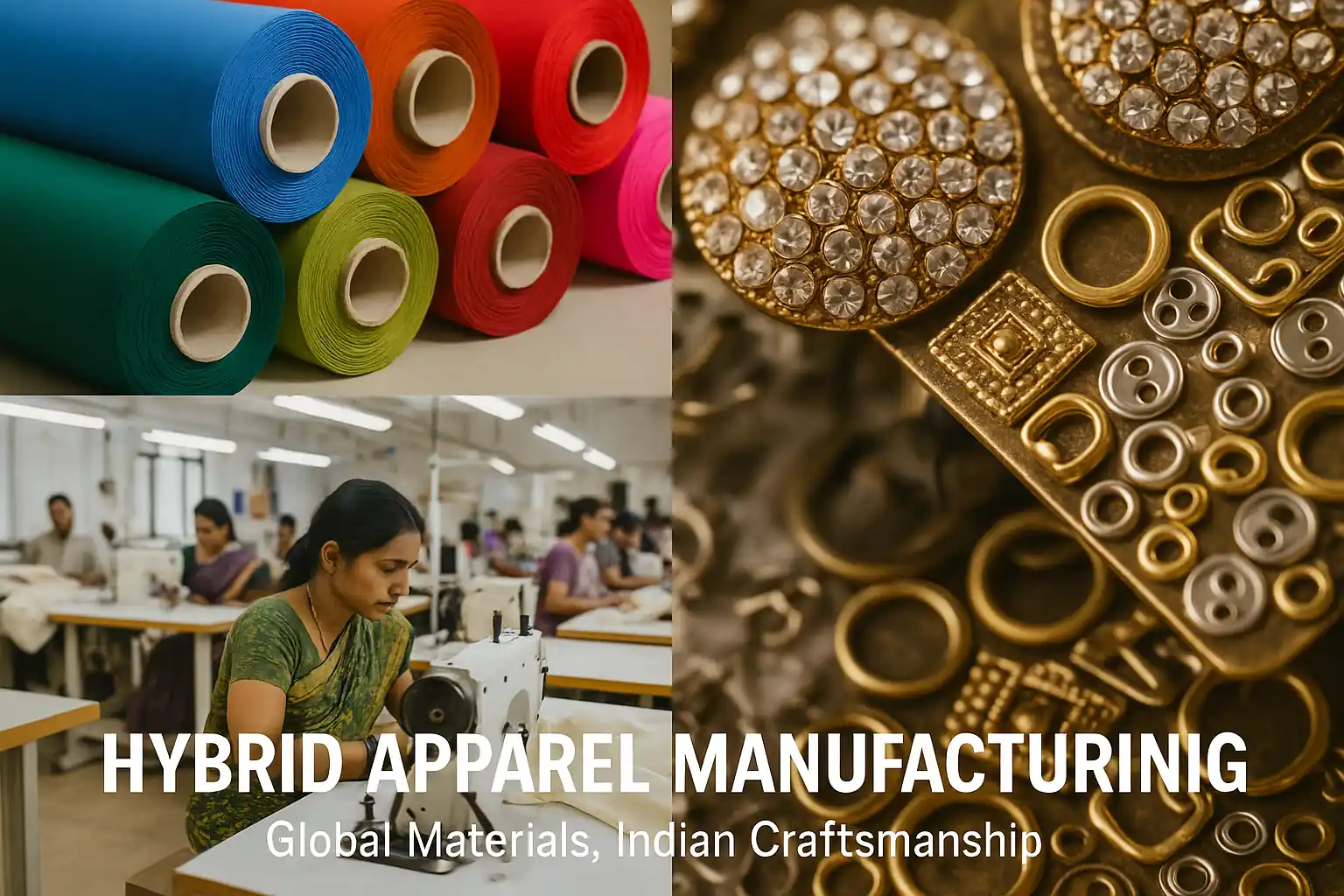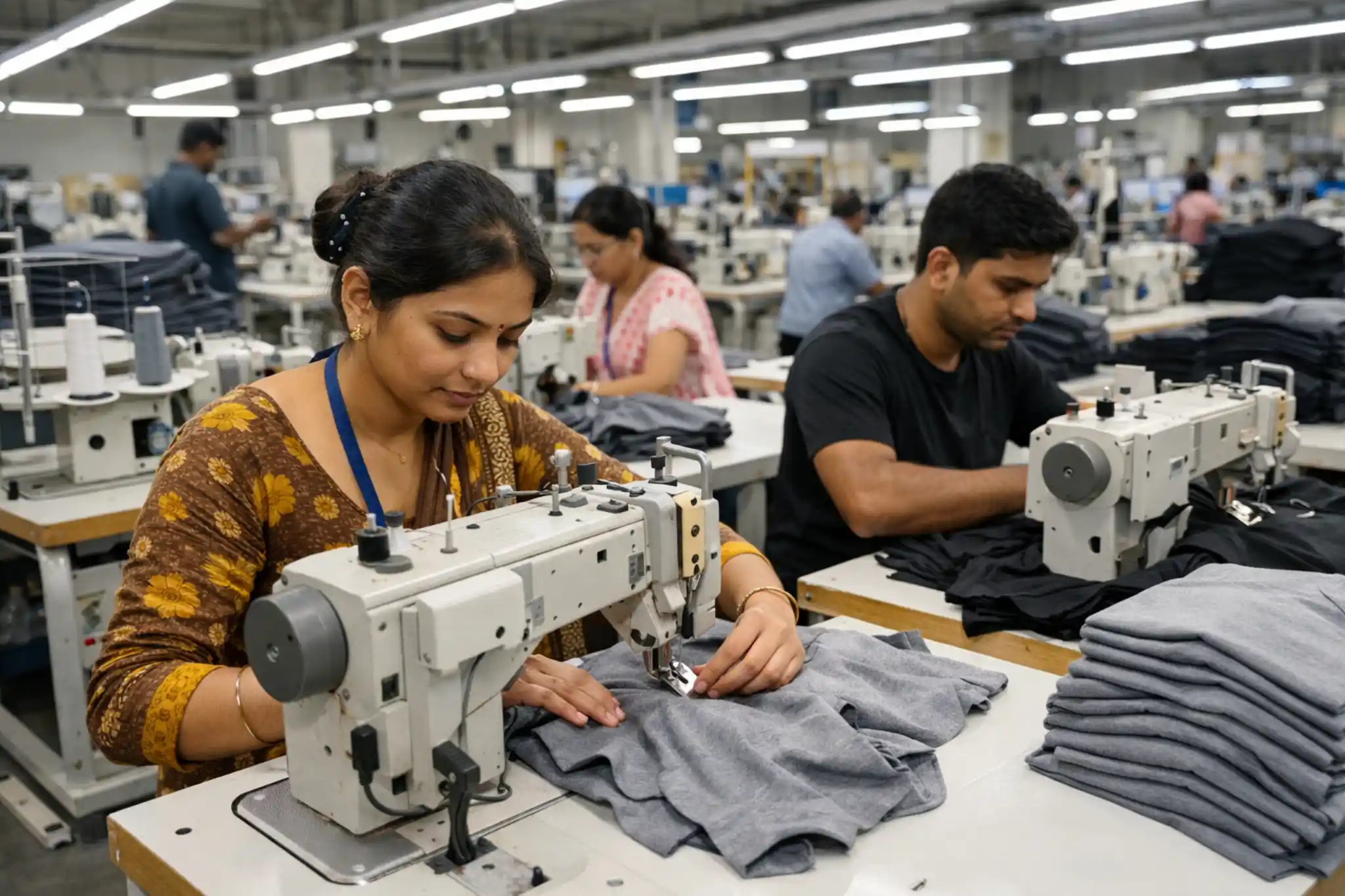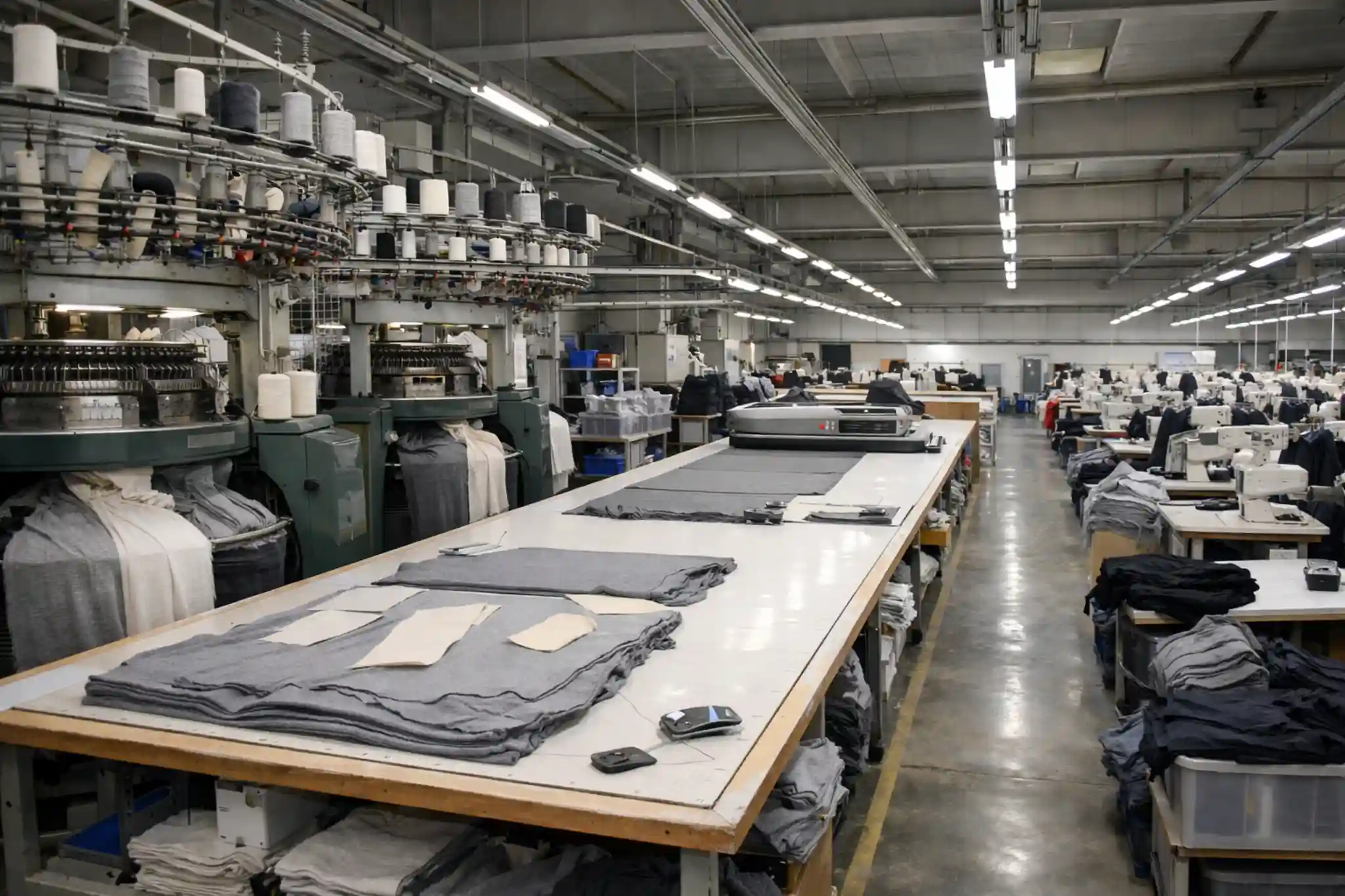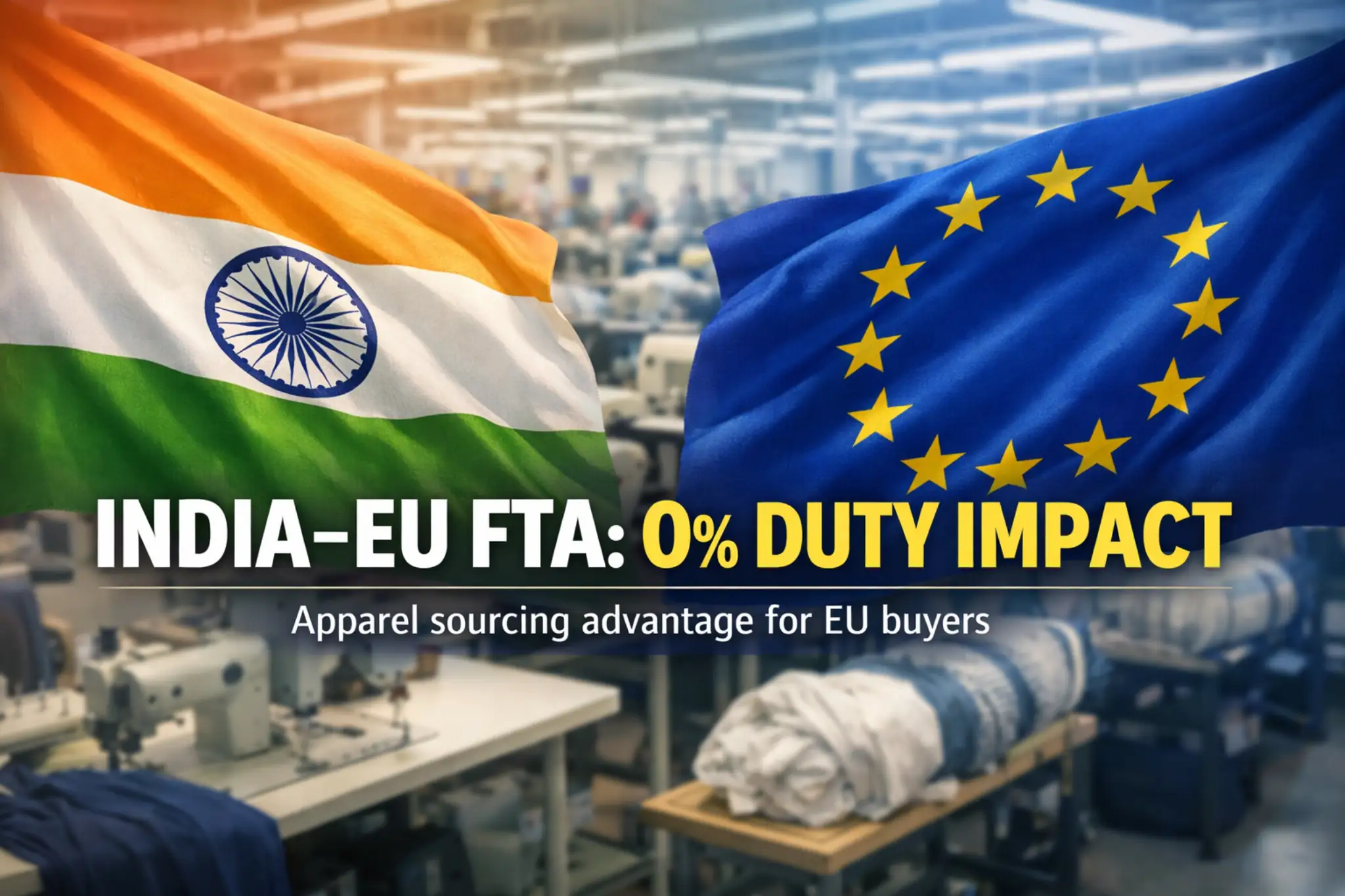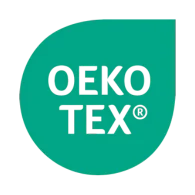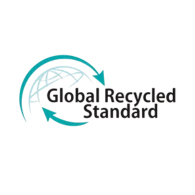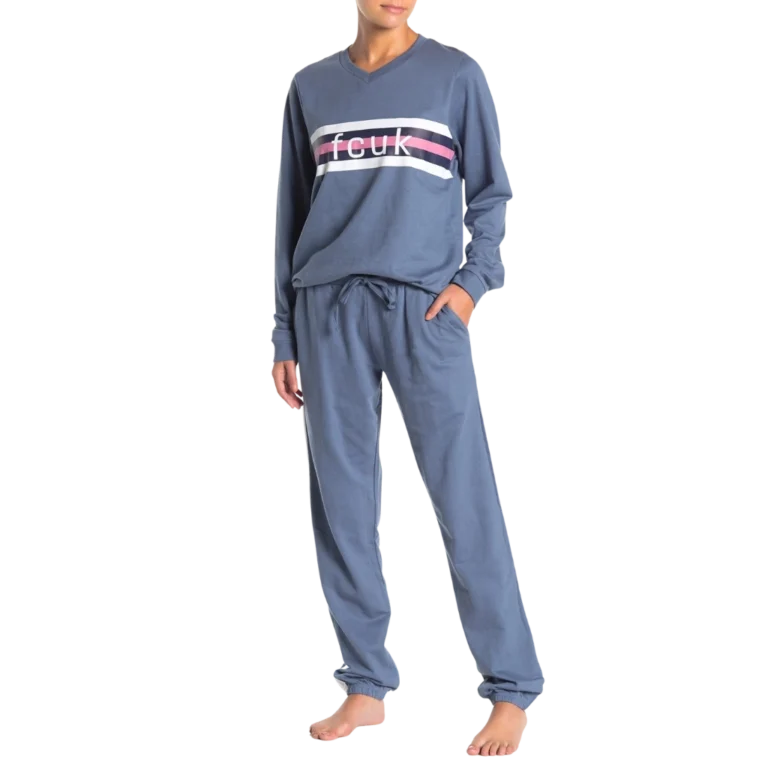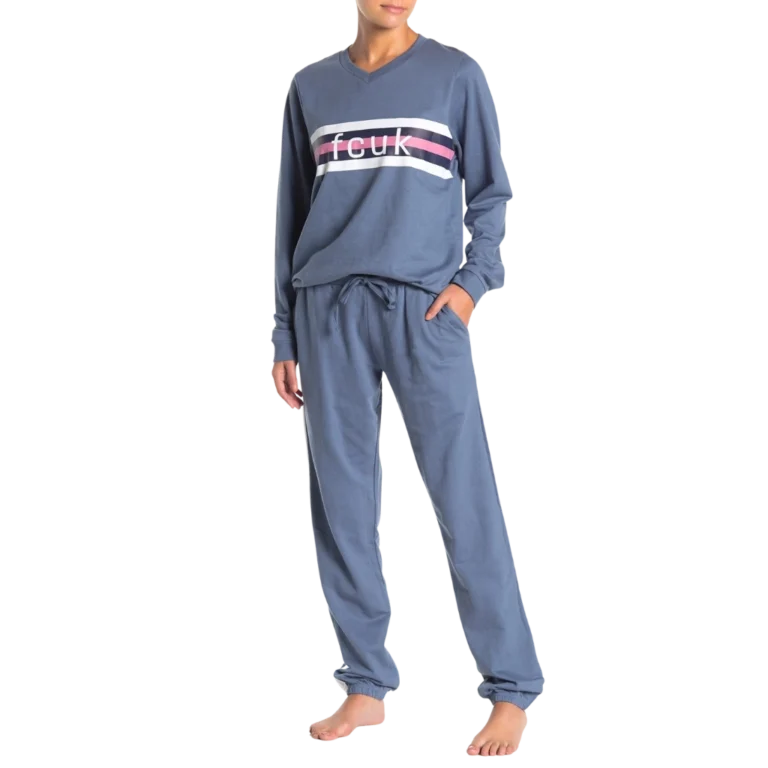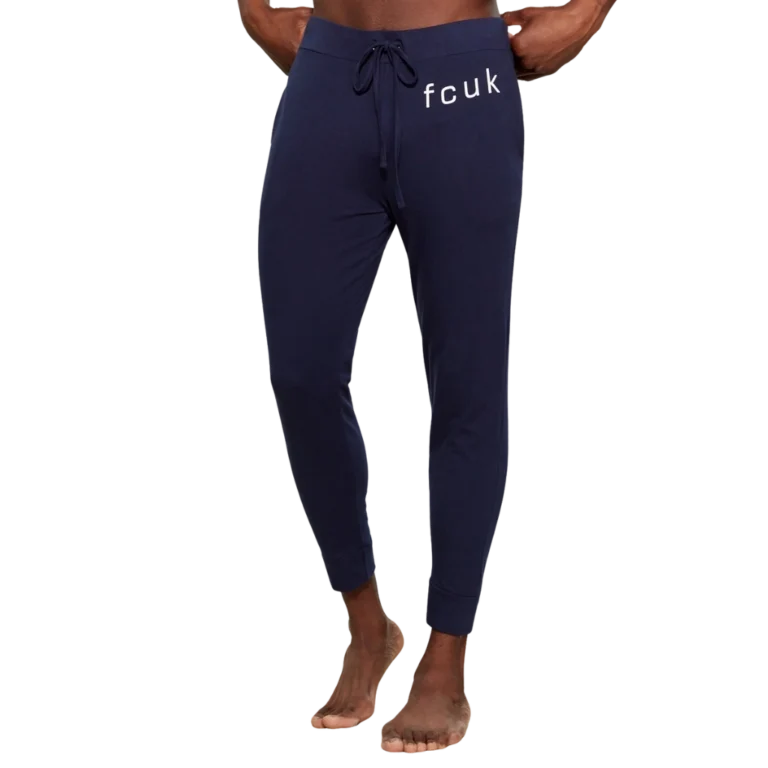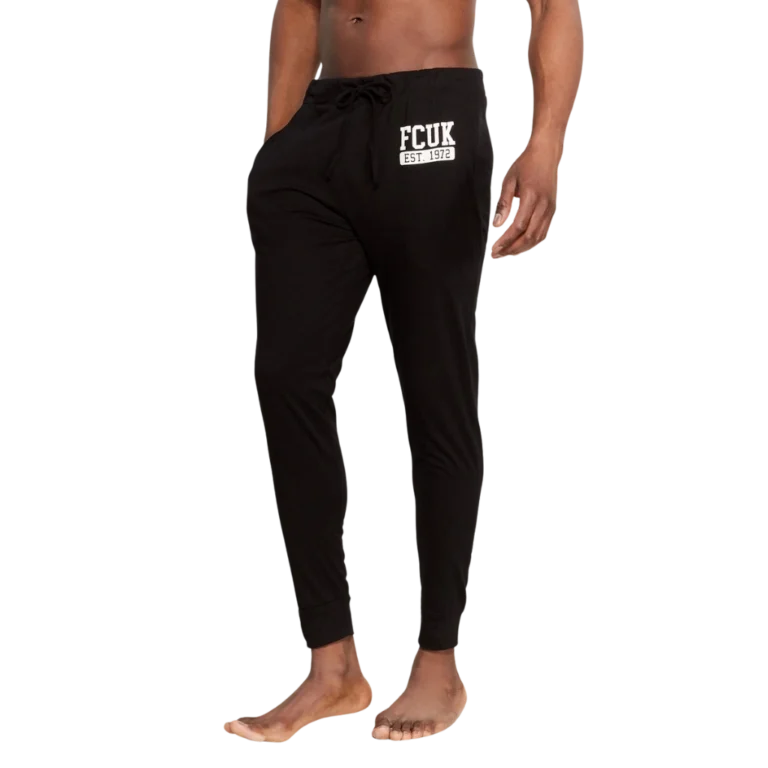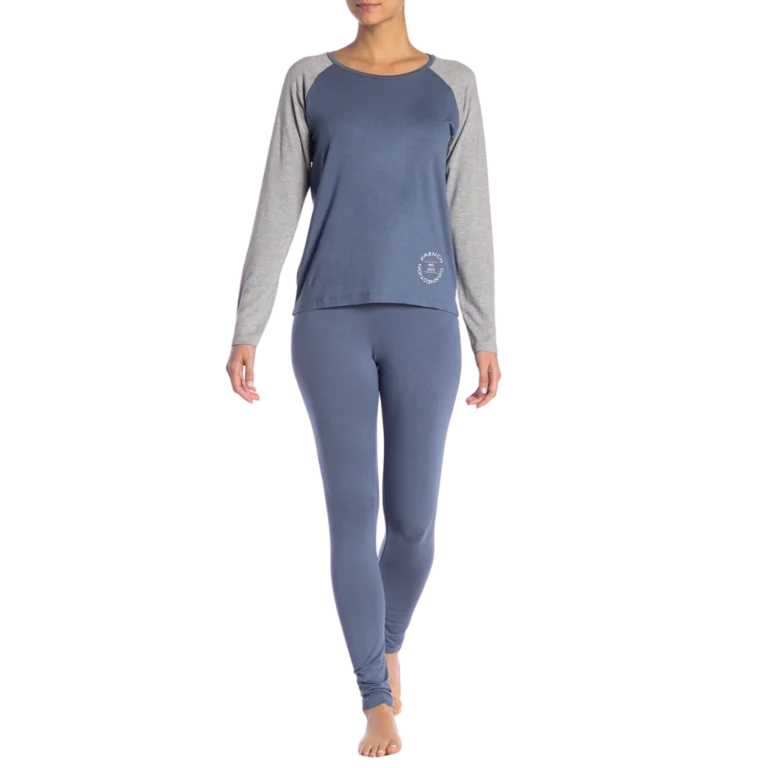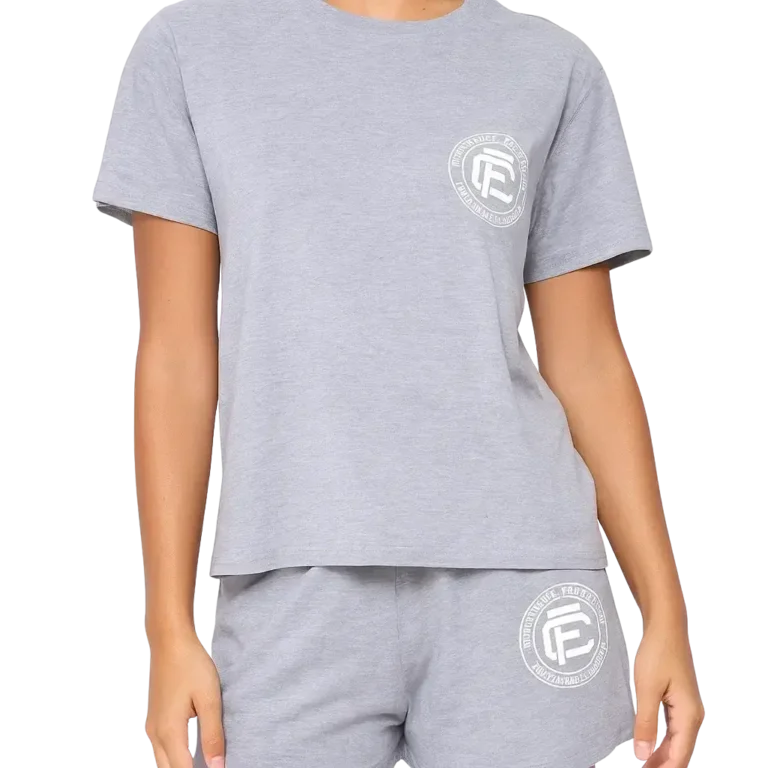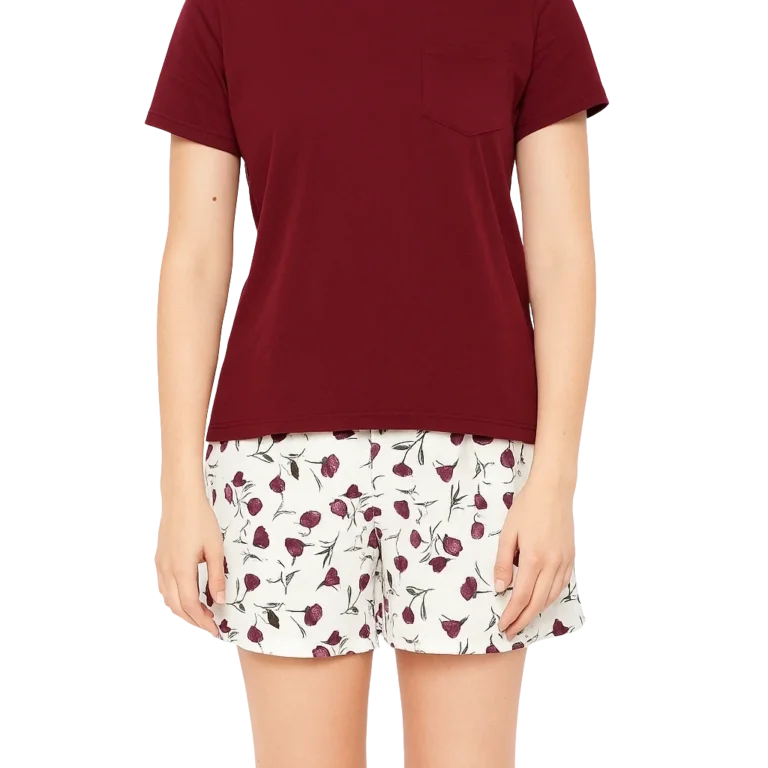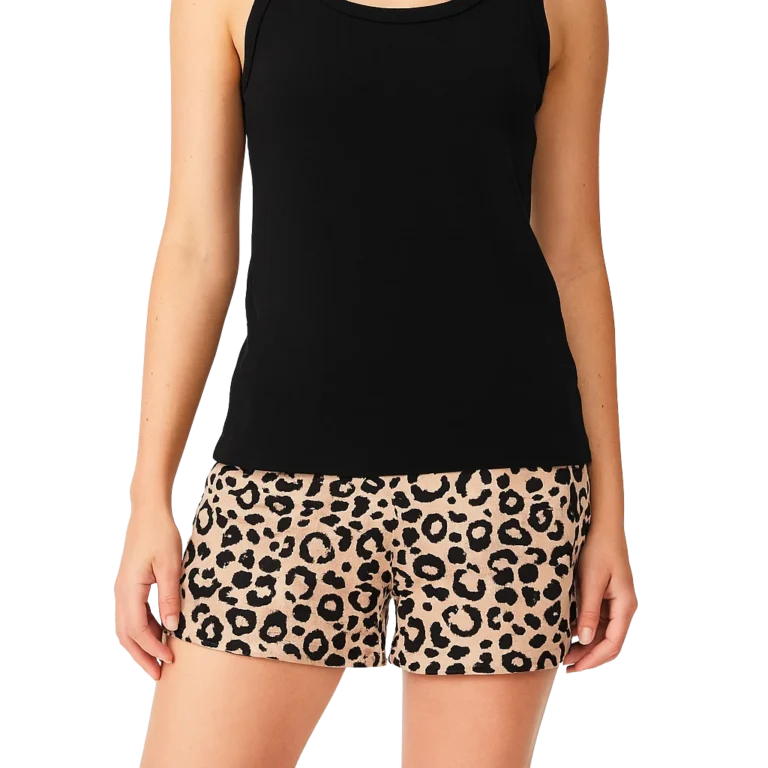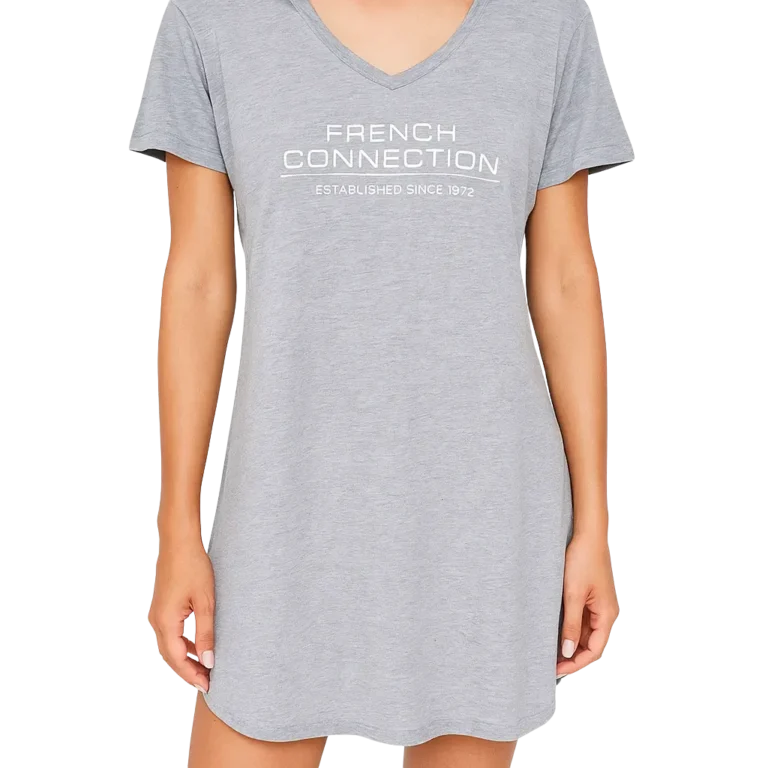Fashion has never been limited by geography. A creative idea may begin in Paris, a special fabric might be found in China, and the perfect finishing touch can come alive in India. That is the beauty of hybrid apparel manufacturing-a modern sourcing model that brings together global materials and local expertise to build something extraordinary.
Today, many of the world’s most forward-thinking apparel brands rely on this approach to produce garments that are both distinctive and cost-effective. India’s strong manufacturing base and China’s specialization in advanced fabrics and trims make the combination a winning formula for anyone building a global fashion brand.
What Exactly Is Hybrid Apparel Manufacturing
Hybrid apparel manufacturing means creating garments that are made in India using imported fabrics, accessories, or trims sourced from other countries. This approach allows brands to access the best materials worldwide while benefiting from India’s proven manufacturing capabilities, particularly in the knitwear sector.
For instance, a T-shirt might be made from 100% Indian cotton but finished with imported rhinestones from China. A high-performance legging may use a nylon-spandex fabric sourced from Korea but be cut, sewn, and packaged in Tiruppur. The idea is simple: source the right materials globally and execute the craftsmanship locally.
This model is becoming increasingly popular among export buyers who want flexibility, creativity, and faster turnaround without compromising on quality or compliance.
Why Some Fabrics Still Need to Be Imported
India’s textile industry is one of the most diverse in the world, yet certain materials are still hard to source locally. Synthetic and performance-oriented fabrics, such as nylon, reflective coatings, mesh, and heat-transfer elastics, are produced at scale in China, Taiwan, or Korea, where decades of investment have perfected the technology.
Similarly, intricate garment accessories like rhinestones, decorative studs, bow ties, appliqués, and zippers often need to be imported because they are available in wider color palettes, finishes, and qualities. These elements help transform simple products like T-shirts, loungewear, or kidswear into premium retail-ready garments.
By importing only what is necessary and producing the rest in India, brands gain both creative freedom and cost control.
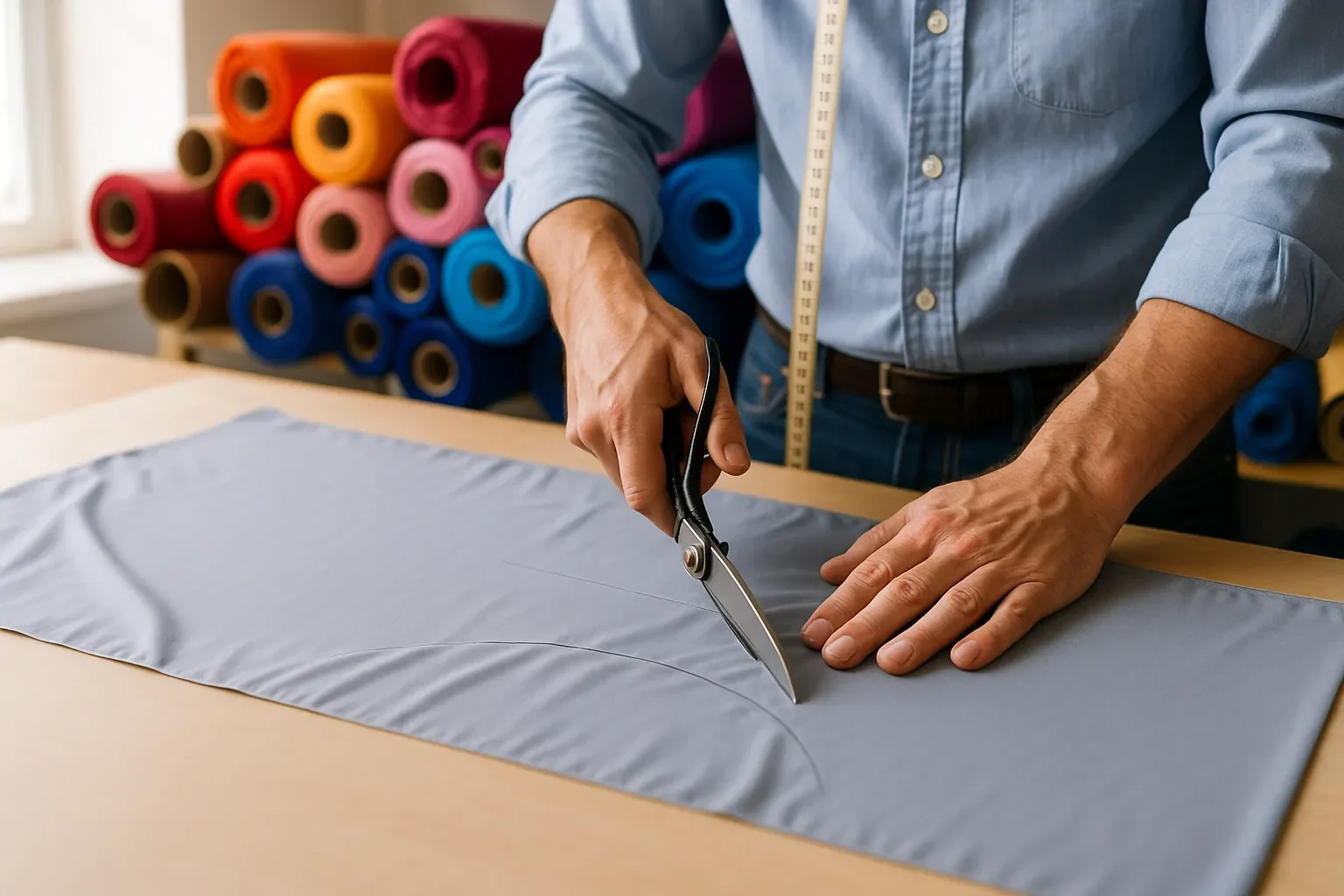
India’s Strength: Craftsmanship and Quality Control
Once the fabrics and trims arrive, India’s production ecosystem takes over with unmatched skill and precision. Cities like Tiruppur are known for their vertically integrated knitwear supply chains, experienced workforce, and advanced quality inspection systems.
At Mirthuni Apparel Sourcing Service, imported materials are handled with the same care as locally made ones:
Inspection and Verification – Every imported fabric and accessory is checked for consistency, color, and quality.
Pattern Cutting and Stitching – The garments are produced in certified facilities with well-trained teams who follow international quality standards.
Accessory Application – Rhinestones, metal trims, or reflective details are attached using specialized machines and adhesives.
Finishing and Packaging – The products are pressed, labeled, poly-bagged, and made export-ready under strict supervision.
This balance of imported innovation and Indian precision makes hybrid apparel manufacturing an ideal choice for international buyers.
A Playground for Creative Apparel Brands
The most exciting part about hybrid manufacturing is its creative potential. It gives designers the chance to combine different materials and textures to create something truly unique.
Here are a few product concepts that flourish with this model:
Jewel-worked T-shirts using imported rhinestones on soft cotton bases.
Performancewear that blends imported nylon and spandex with Indian finishing.
Kidswear featuring decorative bow ties, sequin badges, and heat-transfer prints.
Loungewear with imported elastics and reflective accents for a luxury finish.
These ideas show that hybrid sourcing is not just about logistics-it is about innovation and storytelling through garments.
Managing MOQ and Supply Chain Coordination
Every imported material or accessory comes with a minimum order quantity (MOQ), since overseas suppliers and exporters operate at scale. For small brands, this can be challenging, but with careful planning it becomes manageable.
Mirthuni helps buyers group trims, combine orders, or plan repeat production runs to meet supplier MOQs efficiently. For larger or growing brands, this model opens access to exclusive fabrics and finishes that can transform a collection.
Having trusted sourcing agents in China also makes a big difference. They ensure genuine quality, negotiate fair pricing, and handle shipping and documentation, while our team in India manages integration and production timelines.
Hybrid Apparel Manufacturing in Action
Let’s imagine a scenario.
A European brand wants to launch a new range of premium T-shirts with rhinestone embellishments and metallic trims. They already work with cotton fabrics from India, but the design calls for specific SS20 hotfix stones that are only available in Guangdong, China.
Through the hybrid model, Mirthuni coordinates the rhinestone sourcing via Chinese agents, arranges shipment to India, and manages the entire assembly in Tiruppur. The final product is finished, packed, and exported as Made in India-with the creative touch of imported embellishments that make the collection stand out in global markets.
This is hybrid apparel manufacturing in motion: practical, compliant, and creative.
Compliance, Documentation, and Quality Testing
For global buyers, compliance is non-negotiable. Even when materials come from abroad, all production activities in India adhere to internationally recognized standards.
Factories hold BSCI, SA8000, and WRAP certifications.
Imported materials are verified with OEKO-TEX or GRS certifications.
Independent labs like Intertek, SGS, or Bureau Veritas perform GSM, shrinkage, and colorfastness testing.
This ensures that every garment-whether made from imported nylon or Indian cotton—meets the same export quality benchmarks that retailers expect worldwide.
Why Buyers Prefer the Hybrid Model
The hybrid manufacturing model offers several long-term advantages:
Global Sourcing Flexibility: Choose from a wider range of fabrics and trims.
Reduced Lead Times: Combine overseas materials with Indian production for faster delivery.
Better Value: Control costs by leveraging India’s manufacturing efficiencies.
Design Freedom: Create more complex, high-value products for international markets.
Scalability: Start small, test the concept, and scale up as demand grows.
It is a model that supports creativity while staying grounded in commercial reality.
The Mirthuni Approach: Local Expertise, Global Reach
At Mirthuni Apparel Sourcing Service, we specialize in knitted garment production for T-shirts, loungewear, activewear, and kidswear. Our hybrid sourcing network extends across India and China, ensuring that every brand can access the materials they need for new and innovative product lines.
We assist with:
Identifying suitable imported fabrics and trims.
Coordinating with Chinese or Taiwanese suppliers.
Managing logistics, import clearance, and storage.
Executing full garment production and final export.
Every step is handled under one coordinated system, reducing complexity for international buyers who want a single point of contact for both sourcing and manufacturing.
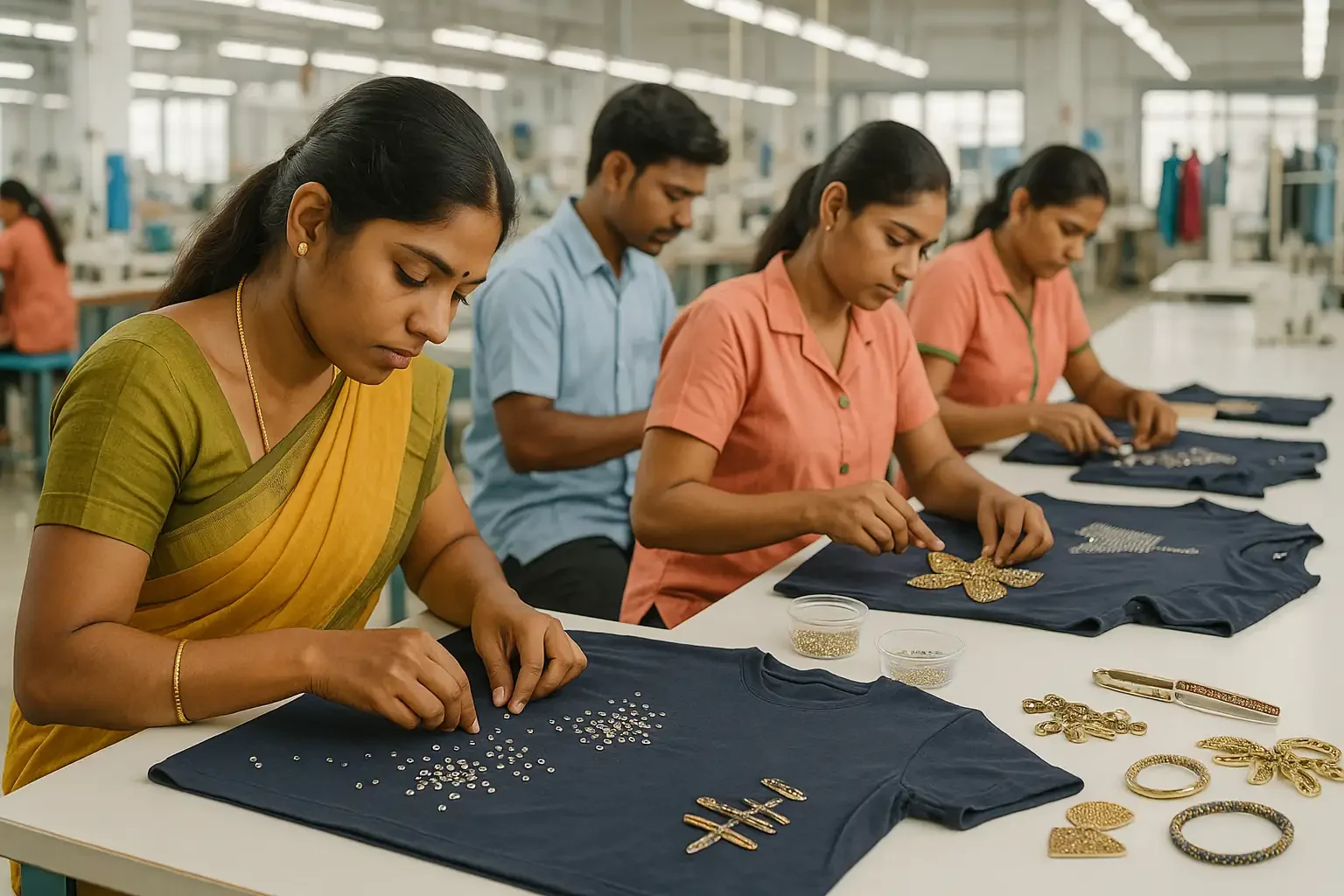
The Future of Hybrid Apparel Manufacturing
Hybrid apparel manufacturing represents the next stage of global sourcing. As consumer trends evolve toward originality, smaller runs, and faster collections, brands are seeking production partners who can combine global reach and local precision.
India’s manufacturing ecosystem, supported by trusted sourcing partners abroad, is perfectly positioned for this future. The ability to import, assemble, and export under one roof gives brands a strategic advantage that few other supply chains can offer.
At Mirthuni, we believe that creativity should never be limited by geography. Whether your concept includes imported rhinestones, performance fabrics, or specialty trims, our hybrid sourcing model makes it possible to bring your vision to life with quality, compliance, and speed.

